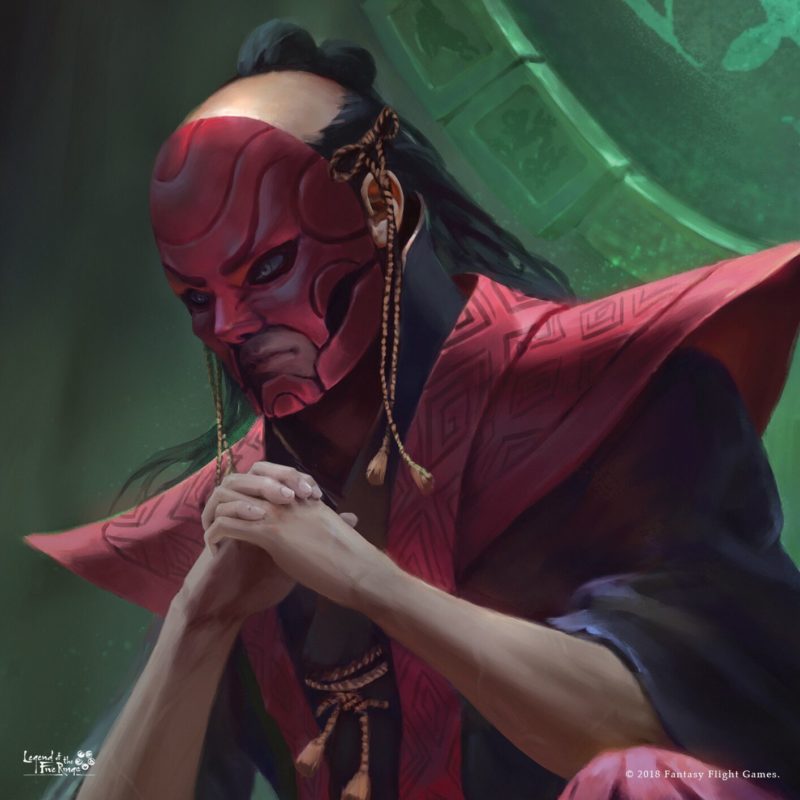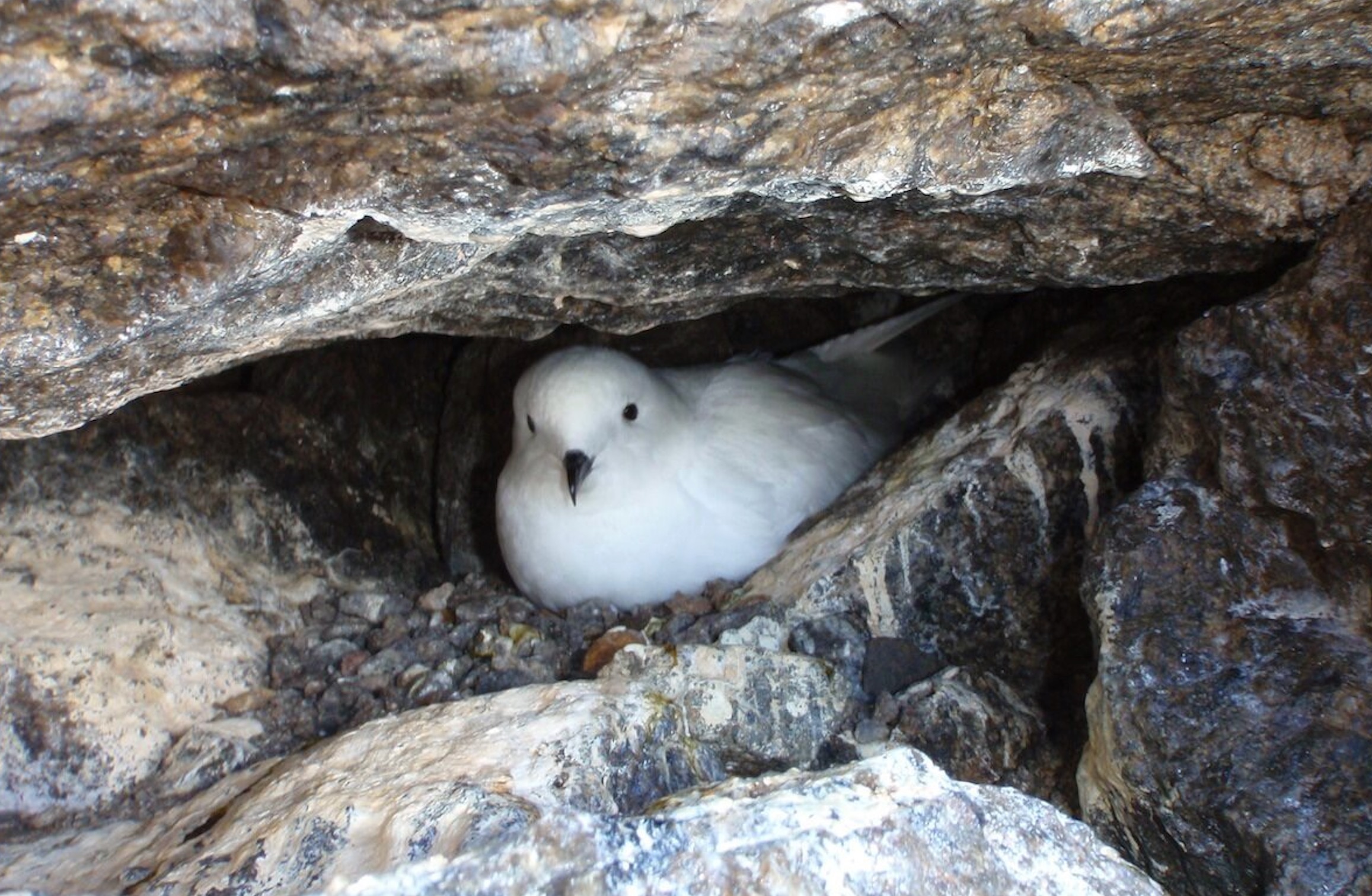
Shoju sat all night in the graveyard
among wolves who sniffed his Adam’s apple.
First light moving in the air
he arose, peed, and ate breakfast.

Shoju sat all night in the graveyard
among wolves who sniffed his Adam’s apple.
First light moving in the air
he arose, peed, and ate breakfast.

In a great
storm the wise bird
returns to her nest and
waits patiently.
The way of the superior person faced with difficulty is that of nonaction rather than action. She does not strive after recognition or resolution or attempt to gain a higher position by conquering others. Instead, she retreats into her center and cultivates humility, patience, and conscientiousness. On the path of acceptance, self-inquiry, and self-improvement we obtain the aid of the Creative and meet with success after the storm has passed.
from The I Ching, or Book of Changes
Hexagram 62, Hsiao Kuo /Preponderance of the Small
ebooks & apps of the Tao the Ching, I Ching,
Hua hu Ching, Wei wu Wei Ching,
☯️
You
can now buy
the I Ching as part of a
five-app bundle of Taoist classics
for iPhone or iPad for less than
the cost of one hardcover
book.


8 December 1966 – 26 July 2023
Someone went to a Sufi
with a question. He said, ‘I have been
puzzling for many, many years and reading books,
and I have not been able to find a definite answer.
Tell me what happens after death?’ The Sufi
replied, ‘Please ask this question of
someone who will die. I am
going to live.’
I came home from running errands two afternoons ago and picked my iPhone up off the counter where I’d left it, face down. As it was turning toward me, I saw among the notifications on the lock screen one from the New York Times that began with the words, “Sinead O’Connor…”. I put the phone straight back because I knew I needed to go talk to the contractor working on my lanai, and I knew that would be hard — and strange — to do through a river of tears. Notifications that begin like that are usually just one kind.
Since her death was announced, I have read tens or hundreds of thousands of words written about this lion of a woman, and mostly I’m struck by the river of quiet condescension which runs through them. “Struggled with her mental health for years”, they all say, often in the headline. They talk about how her career was never the same after she tore up a photo of Pope John Paul II on Saturday Night Live. They jabber a bit about her dance with suicidal ideation and she is dismissed, by nearly every critic’s tone, to some pantheon in their minds of lesser, failed artists.
Sinead O’Connor was abused, sexually and physically and otherwise, in her early childhood by her mom. Not a little, a lot. People who’ve gone through something like that suffer things you and I don’t: borderline personality disorder, dissociative identity disorder, so on. They are colossal fragmentations of the mind and self which arise as a natural response to being savaged by a person of trust in a time of indescribable vulnerability. These have next to nothing to do with our fiercest moods, yours or mine, however full of darkness, struggle, and desperate grasping our troubles may be, however long they might go on.
Many people who’ve endured such things are permanently or regularly crippled by them at a level and in ways we cannot imagine or understand. Sinead O’Connor recorded ten albums, many of them outstanding, endured epic fame, which is no treat, collected Grammys and other awards by the wheelbarrow full, birthed and raised four children with tremendous love, fought off the hands and minds of record executives who imagined her a sexy bunny of a pop star when she understood herself to be a revolutionary and a protest singer, and carried on a lively, funny, occasionally heartbreaking, always substantive and intelligent and meaningful conversation with the world for nearly six decades. It included a very fine memoir, Rememberings (in which she refers to Prince as “Ol’ Fluffy Cuffs”, which gives you some measure of her wit). Her conversation with her creator, every bit as public as the rest of her life, was one of the most profound and wide-ranging I have ever witnessed.
Talking about how John Steinbeck was disrespected by critics after his death, the poet and novelist Jim Harrison said, “The Grapes of Wrath is a monstrously underrated novel, and Steinbeck has been neglected. But that’s okay, because he’s Steinbeck and they’re not. Where’s their Grapes of Wrath? They didn’t even write The Grapes of Goofy.”
Sinead O’Connor was as large as they come. She fenced and cleared the wilderness of her soul and her furiously difficult life, she toiled there with the dedication of an artist of the very first water, and she brought forth sweet grapes like few ever have or will. I trust that she is bringing them forth still, and I bow to this magnificent being for all eternity.

“they wanted to clothe me in mourning black”
A student asked,
“When times of great difficulty visit us,
how should we meet them?”
Zhaozhou said,
“Welcome.”
🇺🇦

please help support blue dragon
Borrow the beloved’s eyes
Look through them and you’ll see the beloved’s face
everywhere. No tiredness, no jaded boredom.
“I shall be your eye and your hand and your loving.”
Let that happen, and things
you have hated will become helpers.
A certain preacher always prays long and with enthusiasm
for thieves and muggers that attack people
on the street. “Let your mercy, O Lord,
cover their insolence.”
He doesn’t pray for the good,
but only for the blatantly cruel.
Why is this? his congregation asks.
“Because they have done me such generous favors.
Every time I turn back toward the things they want.
I run into them, they beat me, and leave me nearly dead
in the road, and I understand, again, that what they want
is not what I want. They keep me on the spiritual path.
That’s why I honor them, and pray for them.”
Those that make you return, for whatever reason,
to God’s solitude, be grateful to them.
Worry about the others, who give you
delicious comforts that keep you from prayer.
Friends are enemies sometimes,
and enemies friends.
There is an animal called an ushghur, a porcupine
If you hit it with a stick, it extends its quills
and gets bigger. The soul is a porcupine,
made strong by stick-beating.
So a prophet’s soul is especially afflicted,
because it has to become so powerful.
A hide is soaked in tanning liquor and becomes leather.
If the tanner did not rub in the acid,
the hide would get foul-smelling and rotten.
The soul is a newly skinned hide, bloody and gross.
Work it with manual discipline,
and the bitter tanning acid of grief,
and you’ll become lovely, and very strong.
If you can’t do this work yourself, don’t worry.
You don’t even have to make a decision,
one way or another. The Friend, who knows
a lot more than you do, will bring difficulties,
and grief, and sickness,
as medicine, as happiness,
as the essence of the moment when you’re beaten,
when you hear Checkmate, and can finally say,
with Hallaj’s voice,
I trust you to kill me.